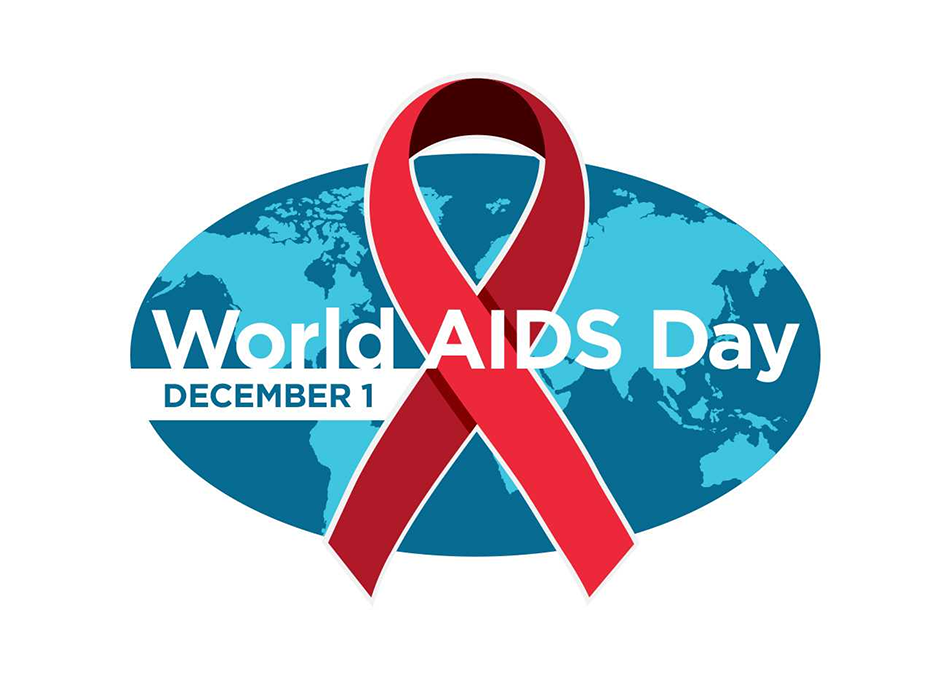On World AIDS Day, biotech – and the world – are reminded that we can help end HIV/AIDS through medical advances and improvements in equity.
World AIDS Day takes place annually on December 1 and serves as an opportunity to raise awareness and come together in the fight against AIDS/HIV, including by supporting those living with HIV and remembering those who have perished from AIDS-related illnesses. Messages from UN and U.S. officials stressed the importance of equality and equity in achieving our goal of ending this deadly disease.
In 2021, there were 38.4 million people globally living with HIV, the virus that causes AIDS, and last year, 650,000 people died from AIDS-related illnesses, according to UNAIDS statistics.
World AIDS Day at 35
The year 2023 marks the 35th anniversary of World AIDS Day and the 25th anniversary of the United States President’s Emergency Plan for AIDS Relief (PEPFAR) which has provided HIV/AIDS treatment and care to millions of people worldwide. With the theme “Remember and Commit,” the U.S. government is reflecting on progress and recommitting to providing resources to patients and their families as well as continuing research to eradicate this insidious disease.
“Since recognizing the first World AIDS Day 35 years ago, we have made enormous progress in preventing, detecting, and treating HIV — greatly reducing annual HIV diagnoses and transmission,” says President Biden in his 2023 World AIDS Day proclamation.
“But despite these advancements, about 39 million people continue to live with HIV, including more than one million people in the United States. Far too often, people living with HIV face discrimination that prevents them from accessing the care they need,” continues President Biden. “So, as we reflect on our progress today, we must also come together to renew our promise to end the HIV/AIDS epidemic.”
A focus on equalizing access
In 2022, World AIDS Day focused on equalizing access to resources and care.
“On World AIDS Day, UNAIDS joins with people living with HIV and communities around the world in one shared call to action: Equalize,” UNAIDS Executive Director Winnie Byanyima said. “Equalize access to rights, equalize access to services, equalize access to resources, equalize access to the best science and medicine.”
Equalizing education has proven to make a big difference in sub-Saharan Africa, where girls and young women are three times more likely to be infected with HIV than boys and men, according to Byanyima. “Enabling girls to stay in school until they complete secondary education reduces their vulnerability to HIV infection by up to 50%,” she said. “When we include comprehensive sexuality education and other measures for girls’ empowerment then their risk is reduced even further. That is why 12 African countries have come together in the Education Plus Initiative, supported by the United Nations.”
A focus on equality and equity was central to the U.S. government’s theme for 2022 World AIDS Day, “Putting Ourselves to the Test: Achieving Equity to End HIV.”
“We still have a hard road ahead, especially in addressing racial and gender gaps in our health systems, which have long driven inequitable HIV outcomes at home and abroad,” says a statement from President Biden published on December 1, 2022.
Biotech battles AIDS
The biotechnology industry continues its long commitment to providing hope for those living with HIV and AIDS.
“The development of a safe and effective HIV vaccine remains key to realizing a durable end to the HIV pandemic,” according to the National Institute of Allergy and Infectious Diseases (NIAID). Following the advancement of mRNA technology during the COVID-19 pandemic, clinical trials for mRNA HIV vaccines have been underway. While the journey has proven difficult, every step paves the way and makes progress toward the end goal.
Meanwhile, the industry continues to deliver new treatments. In early 2022, the European Commission approved Marketing Authorization for the first ever twice-yearly HIV therapy, Sunlenca (lenacapavir). The groundbreaking therapy, developed by Biotechnology Innovation Organization (BIO) member Gilead Sciences, is a twice-yearly HIV treatment for patients whose current therapy is no longer working. The U.S. Food and Drug Administration (FDA) approved the treatment on December 22, 2022.
On World AIDS Day, biotech remains committed to innovating new therapies to one day make this suffering a distant memory.
This post was originally published on December 1, 2022. It was updated on December 1, 2023.




